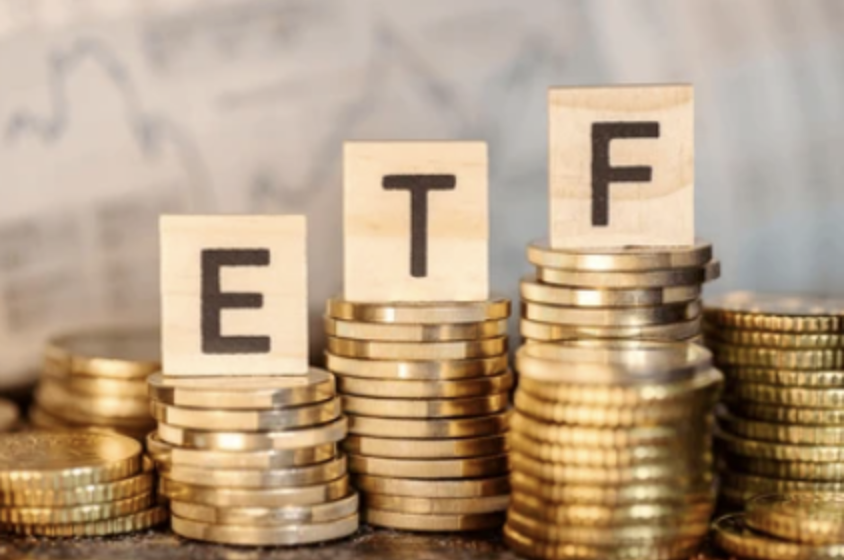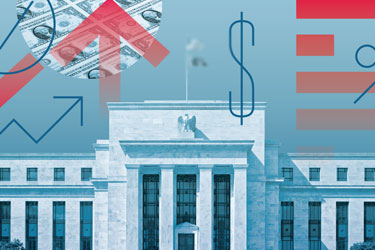Market Jitters: Nikkei Plunges Amid Global Economic Concerns
In a dramatic turn of events, Japan's Nikkei index plummeted over 12% on Monday, reflecting the heightened volatility in global stock markets. This significant drop is a clear indicator of the anxiety and uncertainty currently gripping investors worldwide. Such a sharp decline has not only affected Japanese markets but has also sent ripples across global financial markets, triggering widespread concern.
Impact of U.S. Employment Data
The primary catalyst for this market turmoil was the release of disappointing U.S. employment data last week. The numbers fell short of expectations, suggesting that the economic recovery might be losing momentum. This unexpected development has reignited fears of a potential recession, causing investors to reassess their risk exposures and move away from equities towards safer assets.
Broader Market Volatility
The repercussions of the U.S. employment data have been felt globally. Stock markets around the world have experienced increased volatility, with significant sell-offs observed not just in Asia, but also in Europe and North America. This widespread market reaction underscores the interconnected nature of the global economy, where economic indicators from one major economy can have far-reaching impacts.
Investor Sentiment and Economic Uncertainty
Investor sentiment has turned notably cautious in light of these developments. The fear of an economic downturn has led to a flight to safety, with many investors opting for government bonds and other low-risk assets. This shift has exacerbated the sell-off in stock markets, further driving down indices like the Nikkei. The current environment is one of heightened risk aversion, with market participants bracing for more economic headwinds.

Sector-Specific Impacts
Different sectors have been affected in varying degrees by this market turbulence. Technology and consumer cyclical stocks have seen significant declines due to their higher sensitivity to economic conditions. In contrast, defensive sectors such as utilities and consumer staples have performed relatively better, as investors seek stability in less economically sensitive areas.
Strategic Considerations for Investors
In the face of such uncertainty, strategic diversification and risk management become crucial for investors. Maintaining a balanced portfolio that includes both growth and defensive assets can help mitigate risks. Additionally, keeping a close watch on economic indicators and central bank policies will be essential for navigating the challenging market conditions ahead.
In conclusion, the recent plunge in the Nikkei index is a stark reminder of the fragility of the current economic recovery and the pervasive impact of global economic data on market sentiment. As investors grapple with these challenges, a cautious and well-informed approach will be key to weathering the storm.
MORE FROM WIRED

- Australian Fed's Considerations and International Comparisons

- Gucci's First-Half Sales Plunge Nearly 20% as Kering's Earnings Hit Red Lights

- Changes In The ETF Market: Rising Fees Raise Investor Concerns
- Sep,02,2024

- The Impact of the U.S. Election on the Consumer Market and Retailers' Responses
- Aug,28,2024

- Uncertainty and Market Forecasts on Oil Price Trends
- Aug,21,2024

- The Impact of the Fed's Successive Interest Rate Hikes on Global Financial Markets
- Aug,07,2024

- French Election "Surprise" Shocks Markets: Euro, Gold Price Volatility and Investment Strategy Adjustments
- Jul,31,2024